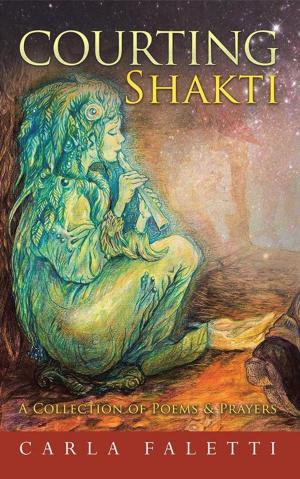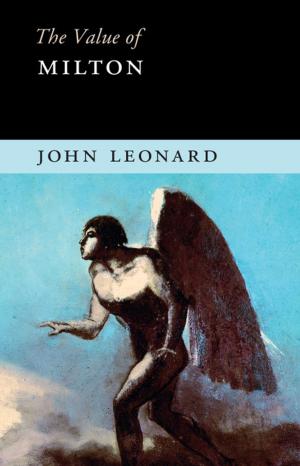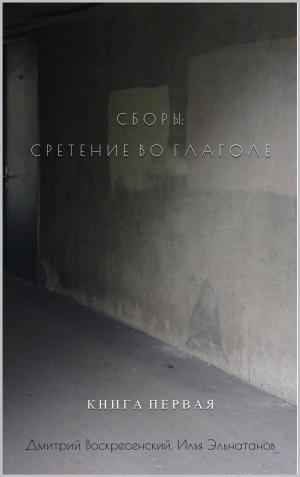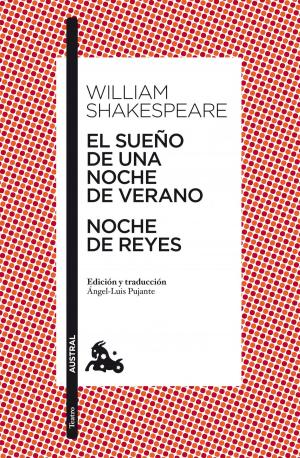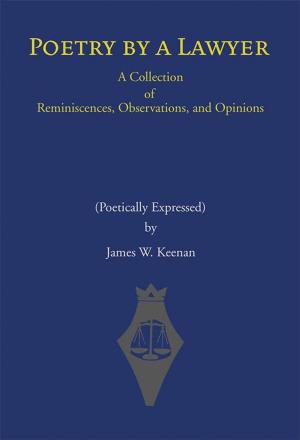| Author: | Tomaž Šalamun, Richard Jackson | ISBN: | 9789616995290 |
| Publisher: | Slovene Writers' Association | Publication: | July 24, 2017 |
| Imprint: | Language: | English |
| Author: | Tomaž Šalamun, Richard Jackson |
| ISBN: | 9789616995290 |
| Publisher: | Slovene Writers' Association |
| Publication: | July 24, 2017 |
| Imprint: | |
| Language: | English |
Tomaž Šalamun confronts the abyss and overcomes it by creating an even deeper abyss in an incredibly physical language that swallows the original. This new metamorphosed abyss is, then, more like a well, nurturing even as it brings forth its water from the mysterious depths of language. Of course other influences are drawn from that well — Vallejo, Breton, Khlebnikov, Hikmet, O'Hara. The result is a language of non-sequiturs, contradictions, literalized figures of speech, hyperbolic claims, episodic fragments, intense confessions, false causalities, askew parallelisms, — all enhancing the poetry's juxtapositions of the cosmic and the trivial, redefining each in terms of the other. As poet Trenna Sharpe says, “I love Tomas Šalamun's poems for their roaring and zany associative movements. One can't help but feeling a little bit out of breath, a little in shock, after finishing one. It's as if the the poem knocks you down a hill: you tumble down getting all twisted and bounced and disoriented, and at the end you stand up dizzy and out of breath, but when you look back, the grass is bent, a branch is broken, maybe your sock fell off somewhere along the way, and you can figure out just how you got to the bottom”. This is a poetry that fulfills English poet W. H. Auden's definition as a remaking of the language, and more, For Šalamun, the poem must always be engaged in a quest for what it cannot say in traditional terms: “The poet is a hunter, not an expresser”, he says in an interview. “You express what you already have. The inexpressible is like the beast in the woods that the hunter always knows only by its tracks. The very fact that we can't describe it adequately now, searching as we are with various metaphors and similes, shows what a powerful thing it is, what attraction it has”. And yet another paradox emerges: the hunter not only destroys the prey, but also himself (www.litteraeslovenicae.si).
Tomaž Šalamun confronts the abyss and overcomes it by creating an even deeper abyss in an incredibly physical language that swallows the original. This new metamorphosed abyss is, then, more like a well, nurturing even as it brings forth its water from the mysterious depths of language. Of course other influences are drawn from that well — Vallejo, Breton, Khlebnikov, Hikmet, O'Hara. The result is a language of non-sequiturs, contradictions, literalized figures of speech, hyperbolic claims, episodic fragments, intense confessions, false causalities, askew parallelisms, — all enhancing the poetry's juxtapositions of the cosmic and the trivial, redefining each in terms of the other. As poet Trenna Sharpe says, “I love Tomas Šalamun's poems for their roaring and zany associative movements. One can't help but feeling a little bit out of breath, a little in shock, after finishing one. It's as if the the poem knocks you down a hill: you tumble down getting all twisted and bounced and disoriented, and at the end you stand up dizzy and out of breath, but when you look back, the grass is bent, a branch is broken, maybe your sock fell off somewhere along the way, and you can figure out just how you got to the bottom”. This is a poetry that fulfills English poet W. H. Auden's definition as a remaking of the language, and more, For Šalamun, the poem must always be engaged in a quest for what it cannot say in traditional terms: “The poet is a hunter, not an expresser”, he says in an interview. “You express what you already have. The inexpressible is like the beast in the woods that the hunter always knows only by its tracks. The very fact that we can't describe it adequately now, searching as we are with various metaphors and similes, shows what a powerful thing it is, what attraction it has”. And yet another paradox emerges: the hunter not only destroys the prey, but also himself (www.litteraeslovenicae.si).

